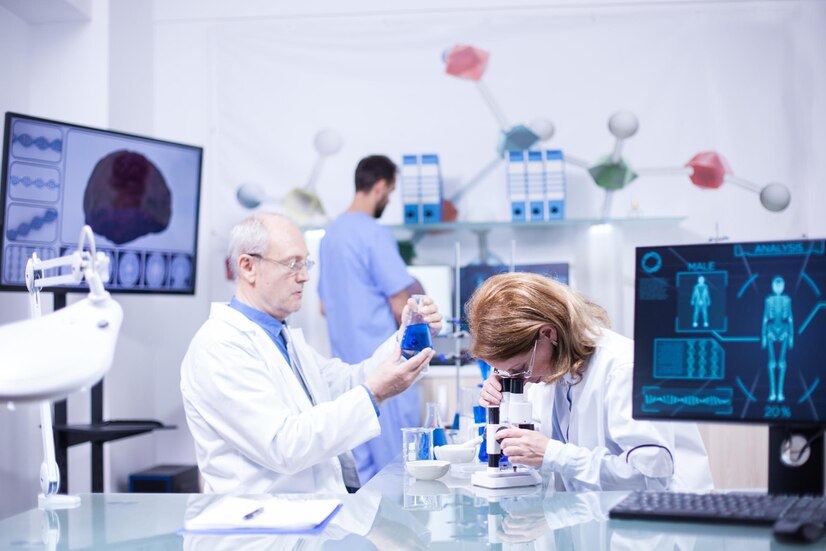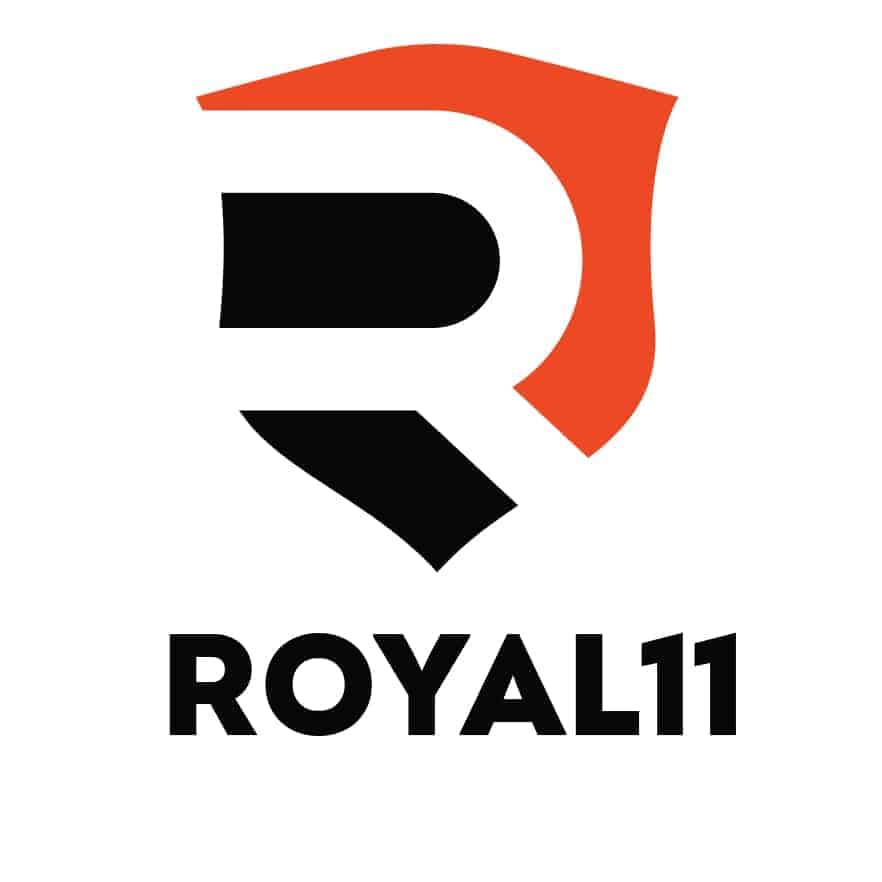Essential Strategies for Effective Laboratory Management

Table of Contents Show
Introduction to Laboratory Management
In the fast-paced world of scientific research and healthcare, the role of effective laboratory management cannot be overstated. Steering the operations smoothly requires organizational skills and insights into clinical laboratory management, Hazard, KY. By integrating organized practices, labs can function at their peak efficiency. This involves overseeing day-to-day activities, ensuring adherence to safety protocols, managing personnel, and monitoring resource use efficiently.
Laboratory management is about creating an environment where personnel and technology work harmoniously. From budget allocation to maintaining safety protocols, efficient laboratory management is the cornerstone of any successful lab. A well-managed laboratory can significantly improve the quality of research, reduce turnaround times, and ensure compliance with industry standards and regulations.
Key Challenges in Laboratory Management
Laboratory managers often need help with resources, regulatory compliance, and maintaining high-quality standards. One significant hurdle is adhering to stringent regulations to ensure the accuracy and reliability of lab results. With the increasing complexity of modern laboratories, compliance with ever-changing regulatory standards can be daunting. Fines and penalties for non-compliance can also weigh heavily on the laboratory’s budget.
Resource allocation and cost management are other critical issues. Ensuring smooth operations without overshooting the budget demands strategic planning and foresight. Managers must balance the cost of high-quality materials and advanced equipment with their budgetary constraints. Effective resource allocation can maximize the utility of available resources, thereby improving overall lab efficiency.
Implementing Efficient Workflows
An efficient workflow is the backbone of any productive laboratory. Adopting lean management principles and using Laboratory Information Management Systems (LIMS) can significantly enhance productivity. Streamlining procedures minimizes wasted time and reduces the chance of errors. Lean management eliminates non-value-added activities, making workflow processes more efficient.
For instance, LIMS allows for better data management, leading to quicker decision-making processes. The system facilitates real-time tracking and monitoring of samples, which is essential for accurate and timely reporting. Automating repetitive tasks, such as sample logging and data entry, reduces manual errors and allows laboratory staff to focus on more complex tasks, thereby improving productivity and efficiency.
Leveraging Technology in Laboratories
Embracing technology is indispensable for modern laboratories. Integrating technology from automation tools to advanced data analysis software can streamline operations and reduce human error. Automation not only speeds up procedures but also ensures consistency and accuracy. Technologies such as robotic sample handlers and automated analyzers can handle repetitive tasks with high precision, reducing the likelihood of human error and increasing throughput.
According to ScienceDaily, advancements in laboratory automation are revolutionizing the industry, making it crucial for labs to stay updated with the latest technologies. Incorporating Artificial Intelligence (AI) and Machine Learning (ML) algorithms in data analysis can provide deeper insights, enabling more informed decision-making. These technologies are particularly useful in identifying patterns and anomalies in vast datasets that human analysts might miss.
Training and Development for Lab Staff
Continuous education and training are vital for laboratory staff to keep up with technological advancements and evolving industry standards. Effective training programs can enhance both skillsets and morale. Well-trained staff are more proficient in handling complex equipment and troubleshooting issues, minimizing downtime and increasing productivity.
Moreover, regular training workshops keep the team aligned with the lab’s goals and help maintain a culture of learning and improvement. Training programs should focus on technical skills and soft skills like communication and teamwork, which are crucial for fostering a collaborative work environment. Certifications and continuous professional development opportunities can motivate staff by providing tangible proof of their expertise and knowledge.
Quality Control and Assurance Practices
Maintaining rigorous quality control and assurance practices is essential to ensuring the validity of laboratory results. This includes regular instrument calibration and adherence to standardized protocols. Quality assurance practices provide a framework for consistently reliable results, which is fundamental in clinical and research settings. Implementing routine audits and quality checks can identify potential issues before they escalate, ensuring that the lab operates smoothly and efficiently.
Implementing routine checks and balances not only ensures precision but also enhances the credibility of the laboratory. Standard operating procedures (SOPs) should be established and followed meticulously to maintain the quality and accuracy of tests. Regular training on these procedures ensures that all staff members are aligned and aware of their responsibilities, thereby minimizing errors and ensuring high-quality results.
Fostering Collaboration and Communication
Successful laboratories thrive on effective communication and collaboration. Encouraging open dialogue and teamwork can lead to innovative solutions and a more cohesive work environment. Regular meetings and feedback sessions can help identify and solve issues promptly. An environment encouraging collaboration can lead to sharing ideas and best practices, improving overall lab performance.
Using collaborative tools and platforms also facilitates better coordination among team members, enhancing productivity and morale. Digital platforms such as project management software and instant messaging apps can streamline communication, making coordinating tasks easier and sharing important information in real-time. Effective communication ensures that all members are aligned with the lab’s goals and can contribute effectively to achieving them.
Future Trends in Laboratory Management
The field of laboratory management is constantly evolving. Staying updated with trends such as personalized medicine and AI-driven diagnostics can help laboratories stay competitive and forward-thinking. Integrating AI in diagnostic processes is groundbreaking, offering unprecedented speed and accuracy. Personalized medicine, which tailors treatment plans to individual patients based on genetic information, is another emerging trend that can significantly impact laboratory operations.





Responses